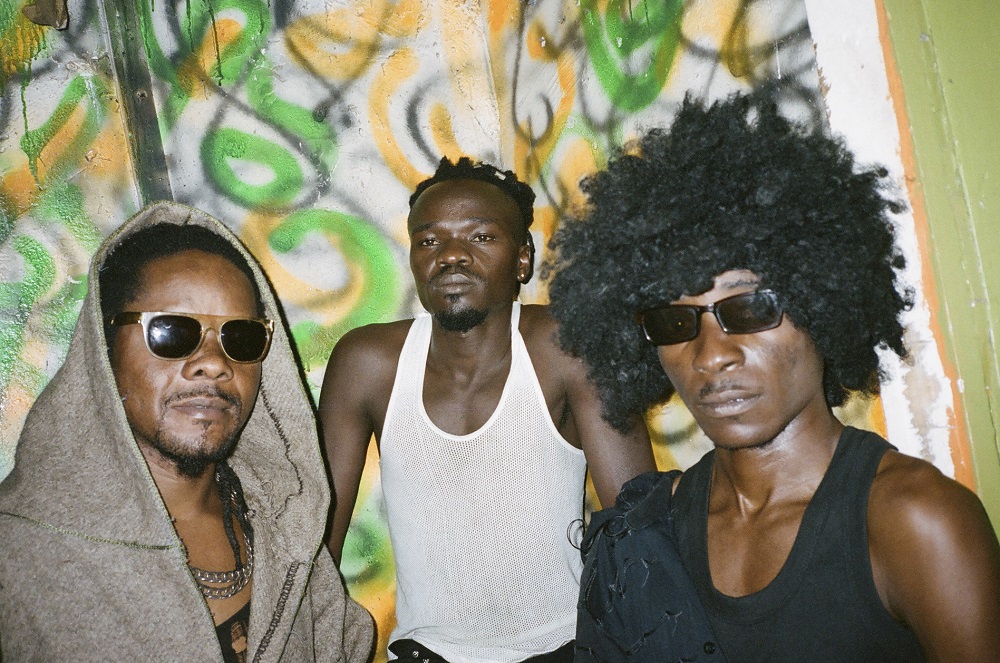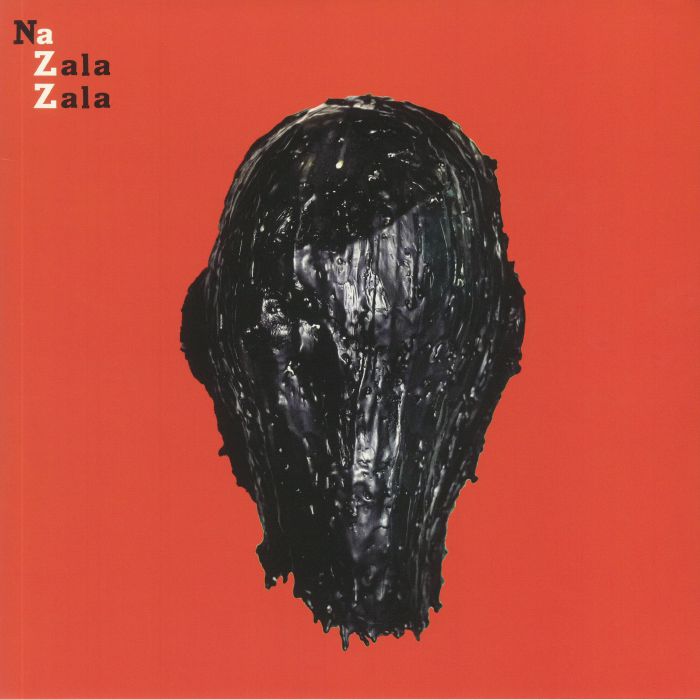Rey Sapienz & The Congo Techno Ensemble interview – “darker vibes also carry light”
Producer fled civil war as a child – and now blends electronics with Congoloese rhythms and rap

Rey Sapienz is the most important Congolese electronic musician active at the moment. Surviving the crossfire of the Second Congo War in childhood, and cutting his teeth as a young rapper at the age of twelve, his slowly-carved niche as an electronic artist and producer has seen him channel the darkness of his own mind, and the world around him, into damaged beats and ominous chants and raps.
Co-founding his very own Congo Techno Ensemble with rapper Fresh Dougis and musician Papalas Palata, Sapienz has over time cultivated a disjointed dancehall sound, working in mesmerising lyrical tales of trauma, war and darkness. These often depressing themes are unexpectedly interwoven with upbeat techno, repurposed not only to channel the political spirit of his native Congo, but also to heal our spirits.
Ahead of Na Zala Zala – his debut album for Nyege Nyege Tapes, – we caught up with the artist for a brief chat about his influences, the importance of the church, dark vibes, and how to connect musically with ones’ own past and future…
Who or what were some of your first musical influences?
As children in Congo, we used to hear Congolese rumba and soukous on the radio. Michael Jackson was also really big, as well as church music, which is really where I started my music career.
How did your younger years, amidst the conflict, affect the mood and themes of your music now – such as endurance and survival?
My life has never been easy, but it’s always somehow adventurous and exciting. My dad wasn’t religious, which is quite rare in my village, so he always encouraged me to think for myself. When it came to music, I also wanted to develop my own journey and experiment to figure out what my sound was. My music actually used to be more pop-oriented and upbeat. When you live a tough life, sometimes you just want music to make you feel good, but over time I started to dig deeper in myself and I saw that darker vibes also carry light, and are also needed to give ourselves strength.
How did you first meet the other musicians in the Congo Techno Ensemble – Papalas Palata and Fresh Dougis?
Papalas Palata is probably the biggest Congolese musician in Kampala. He used to roll with the legend General Defao, Tsala Mwana, and many others. That was until he was left behind by his band and ended up being stranded in Kampala. I love to perform, and I wanted to involve him in this project because he’s so versatile, and also an amazing dancer and performer.
Dougis came to see me and ask me to join the project. I really loved his vibe and it contrasted well with Papalas, so the three of us decided to go at it together, and I really like the chemistry we have.
Your music combines techno with dark, reminiscent lyrics. Why put the two together? What is it about techno that works so well with those themes?
People in Europe always think that I mean techno music, but to us in Congo, “techno” means electronic, not necessarily the four-to-the-floor beats people are used to in Europe. It means the sound of machines, and that’s how I called it Congo techno. It has Congolese rythms and melodies, but mixed with harder electronic sounds that I call techno.

Your beats are angular and distorted. What is it about this sound that resonates with you?
Hahaha… maybe because I’m also angular and distorted. While not identifying with gender, I also don’t identify with genres; I listen to very little music other than my own, and I just try and follow this journey step by step to really reach a sound that is unique. I want people to hear my music and feel like it’s immediately recognizable. I like music that doesn’t directly put you at ease; music that can be a bit challenging, but if you give into it, it has the power to take you places.
You toured Kampala’s churches to unite the club and the church. How did it go?
I’ve always been fascinated by church music and the power of choirs. The energy people reach in churches is the kind of energy I want to see in th club. There’s love, there’s hope, there’s anxiety and pain, and all of those energies get directed to one spiritual point – that feeling of losing yourself and feeling lifted. It’s really interesting to me, and even though I don’t connect with organized religion, I do believe in the transcendental power of music.
From your point of view, what other new music coming out of the DRC is exciting you? What impact is the music having on the DRC’s future?
I really like how producers are searching for new sounds, and also digging into their own culture to develop these new sounds. The kalindula style is a good example in East Congo. There’s a Congolese style of amapiano called amacongo which is also interesting. The music of Pisco Crane and his band Fulu Miziki is also interesting, as well as a lot of really insane traditional music. Unfortunately, not much of it is known outside of Congo, but in the past, Congolese music has influenced a lot of African music. In the future, I feel Congo could again be a powerhouse of music shining through the world.
Jude Iago James